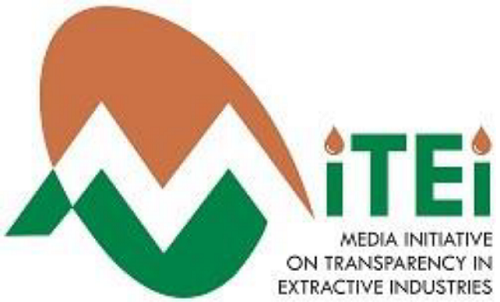The training organized by the Accountability in Extractive Sector (AES) Cluster in partnership with the Niger-Delta Open Government Partnership Observatory (NOGO) cluster and the Media Initiative for Transparency in Extractive Industries (MITEI), drew participation from the Technical Team on Beneficial Ownership from the Corporate Affairs Commission (CAC) and the National Association of Energy Correspondents (NAEC).
Participants were acquainted with the concept of Beneficial Ownership (BO) and the basis for existing complexities in different types of company ownership structures and associated risks. They were further equipped with skills and tools to identify and analyse BO data with other publicly available information to inform their investigations, advocacy analyses and journalistic reportage.
Deliberations emphasized that while the rapid uptake of beneficial ownership BO reforms was significant, the quality, accuracy and utility of the data for its intended purpose of curbing Illicit Financial Flows (IFFs) and revenue leakages was dependent on the comprehensiveness and implementation of the BO legal and regulatory frameworks, the effectiveness of online register in achieving its purpose, and the strategic collaborations towards the effective use of the register.
Within the above context, the following observations and recommendations were made towards ensuring the effective implementation of this initiative:
- While the extractive industry remains the backbone of the Nigerian economy, the country loses between $15billion – $18billion to Illicit Financial Flows (IFFs) in the Extractive Industry every year.
- Transparency of ownership and control of companies, partnerships, trusts and other legal entities that can hold assets and open bank accounts is critical to the ability to determine where illicit funds are moving to and who is moving them.
- The Nigerian government marked significant progress in the implementation of beneficial ownership transparency reforms by signing the Companies and Allied Matters (Amendment) Bill 2020 into law, the launch of an Open Central Register of Beneficial Ownership (known as the Persons with Significant Control (PSC) for disclosure of all beneficial owners of corporate entities in the country and the adoption of Beneficial Ownership Data Standard for the register on 25th May 2023.
- Tackling corruption and financial crimes should be seen as a multi-agency task that cannot be implemented by only one government institution. Equally, these institutions also need beneficial ownership information in order to efficiently handle the investigation and prosecution of those that hold ultimate responsibility in financial and economic crimes.
- The need for wider public engagement on the existence of the BO register and its relevance to extractive and corporate sector transparency and accountability.
- The need to deepen capacity of tax and customs authorities, policing and prosecution authorities, as well as the media on the use of the register is crucial as a veritable tool for tackling corruption and financial crimes.
- The need for strategic collaborations between the CAC and relevant agencies like the Federal Inland Revenue Service (FIRS), Nigeria Upstream Petroleum Regulatory Commission (NUPRC) and the Bureau of Public Procurement (BPP) towards collective impact.
- The interoperability of data between government agencies, linked to a central procurement portal, as beneficial ownership declarations should be required of all parties entering into government contracts.
- Expedite process of updating and rectifying beneficial ownership information that is duplicated, inaccurate and/or incomplete in the register.
- Deploy an approach that clearly defines roles and responsibilities of various relevant stakeholders in defending the system or preventing misuse.


Comment here